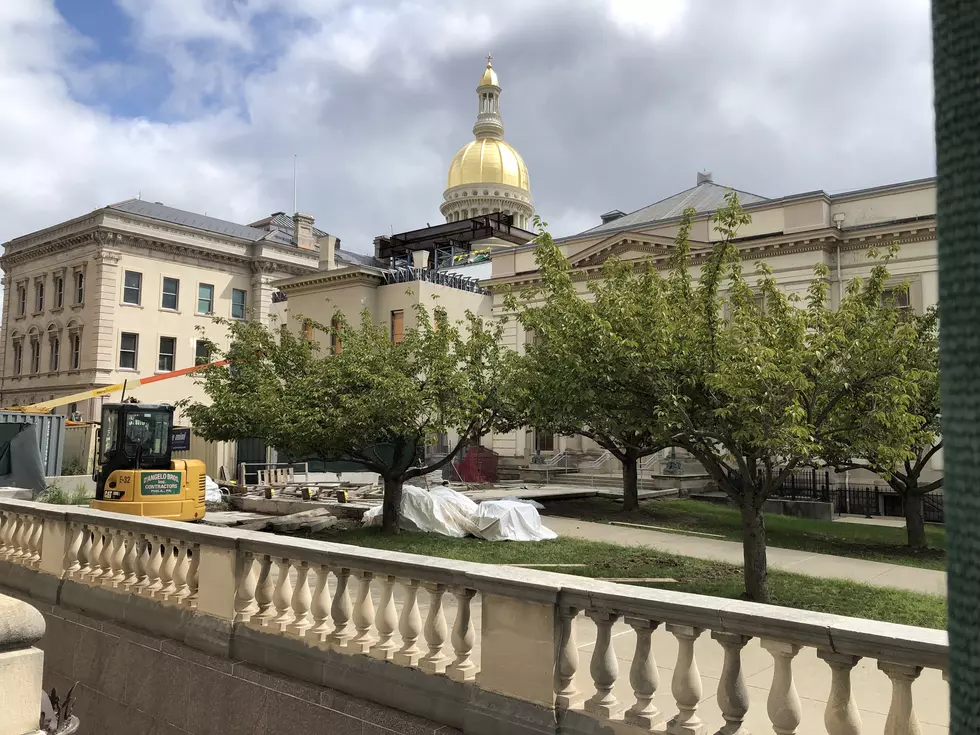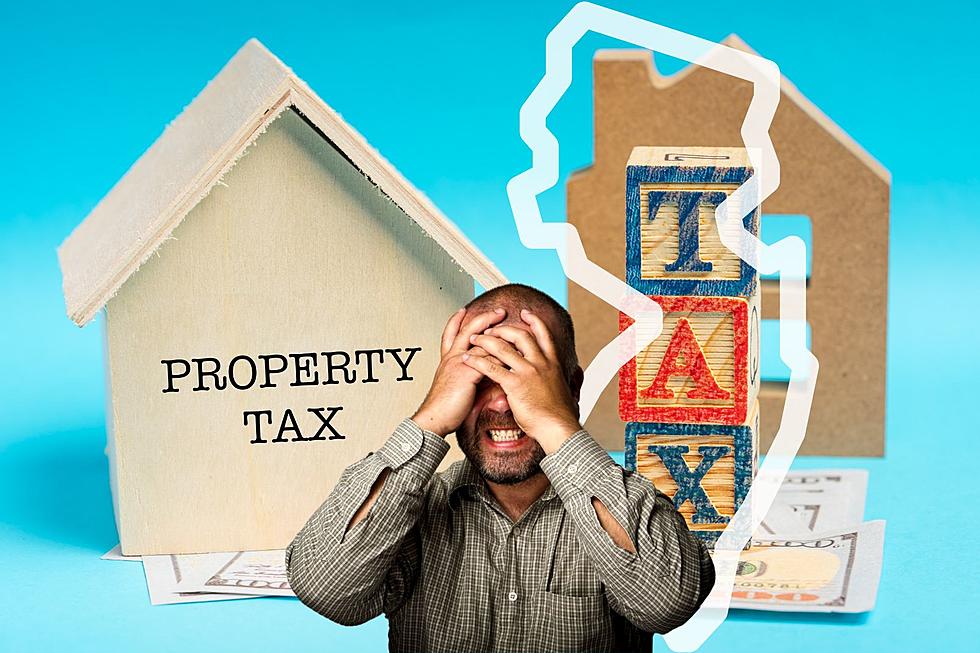
Christie to Decide Soon Whether to Keep Salary Cap on School Superintendents
TRENTON— School districts where superintendents have expiring contracts are stuck in a bit of limbo, waiting to see whether Gov. Chris Christie renews, revises or rescinds a salary cap for school chiefs.
Christie announced the salary cap plan in July 2010. The rules were proposed by the Department of Education in November 2010, took effect in February 2011 and expire Nov. 25. At the time were introduced, Christie said it would cut superintendent salaries statewide by nearly $10 million combined – but school districts and sympathetic lawmakers say it’s had a cost, as well.
While some superintendents accepted pay cuts, others left. Recruiting was hard, leaving many districts to hire inexperienced or interim superintendents. Suburban schools in particular chafed at having their decision-making powers usurped by Trenton. If they wanted to pay their superintendents a lot, they felt they should be allowed.
Around 40 districts sent resolutions to the Legislature in favor of a bill banning the salary caps. The plan was approved 22-13 last year by the Senate, but the Assembly never took up. The bill still exists but hasn’t proceeded this session – though has practically no chance of being signed into law by Christie. Even if he opts not to continue the caps, he’s unlikely to sign a law restricting his ability to impose them, particularly since the courts have already ruled that the salary-cap rules are permitted.
Sen. Teresa Ruiz, D-Essex, said the salary cap proposed in 2010 was created “in an economic crisis of severe magnitude” and that it hasn’t worked out as envisioned.
“I don’t know if I could say that the economics in New Jersey have gone in an extraordinarily better direction, but the truth of the matter is that districts set their own budgets and they should be able to decide what’s of critical importance to them and not have a top-down approach to indicate what parameters will define the CEO of that school district,” said Ruiz, who chairs the Senate Education Committee. “Often times we create policies and laws down here that are really well-intended, and then you don’t realize the unintended consequences that come after that. And I think this policy decision was one of them."
Ruiz said some principals have refused to seek promotions to superintendent because it would mean a cut in pay.
“You think that you see a certain figure or a number and that you’re going to be creating gains and revenue resources to reinvest in other capacities in the district,” Ruiz said. “But what the administration failed to see was the number of districts that were not able to perhaps access the most qualified individual for that position or a district who had a person who was phenomenal and because of our geographic location, it’s very easy to take a job in Delaware, Maryland, New York, Pennsylvania. Depending on where you’re located, it could be a 45 (minute), an hour drive.”
In a 2014 survey by the New Jersey School Boards Association to which 72 percent of school districts responded, about one-fourth of them said the salary cap was the reason their superintendent had left the district during the previous three years.
Many districts had turned to interim superintendents because they had trouble finding permanent replacements, and 63 percent of the permanent ones who’d been hired had no past experience as a superintendent, according to the NJSBA survey.
School boards see it as “an unnecessary cap within a cap,” said Frank Belluscio, the NJSBA’s deputy executive director and communications director.
Schools have to follow a 2 percent cap on growth in their tax levies and an approximately 2.5 percent limit on administrative spending growth, he said.
“Local school boards do not have an interest in higher salaries for administrators. However, they do have the responsibility to hire the best possible chief school administrators to manage the education program. For many districts, the salary cap presents an obstacle in meeting that responsibility,” said Belluscio.
Christie hasn’t indicated his intentions publicly. In June, he said he’d start to consider it in October. Earlier this month, he said he’ll discuss it with his education commissioner – Kimberley Harrington takes over for David Hespe at the end of September – and decide when the rules’ sunset in imminent.
Superintendents can be paid a maximum of $125,000 in districts with 250 students or fewer; $135,000 in districts with 251 to 750 students; $145,000 in districts with 751 to 1,500 students; $155,000 in districts with 1,501 to 3,000 students; $165,000 in districts with 3,001 to 6,500 students; and $175,000 in districts with more than 6,500 students.
The state can waive the salary cap for districts with over 10,000 students. Currently, there are 15 districts in New Jersey with enrollments over 10,000.
Superintendents in districts with a high school can get an additional $2,500 a year. Those who oversee additional districts can be paid an additional $10,000 for each. Finally, they can get merit bonuses equal to 15 percent of their salary for hitting goals written into their contracts that are approved by state-appointed county superintendents of schools.
More From WPG Talk Radio 95.5 FM










